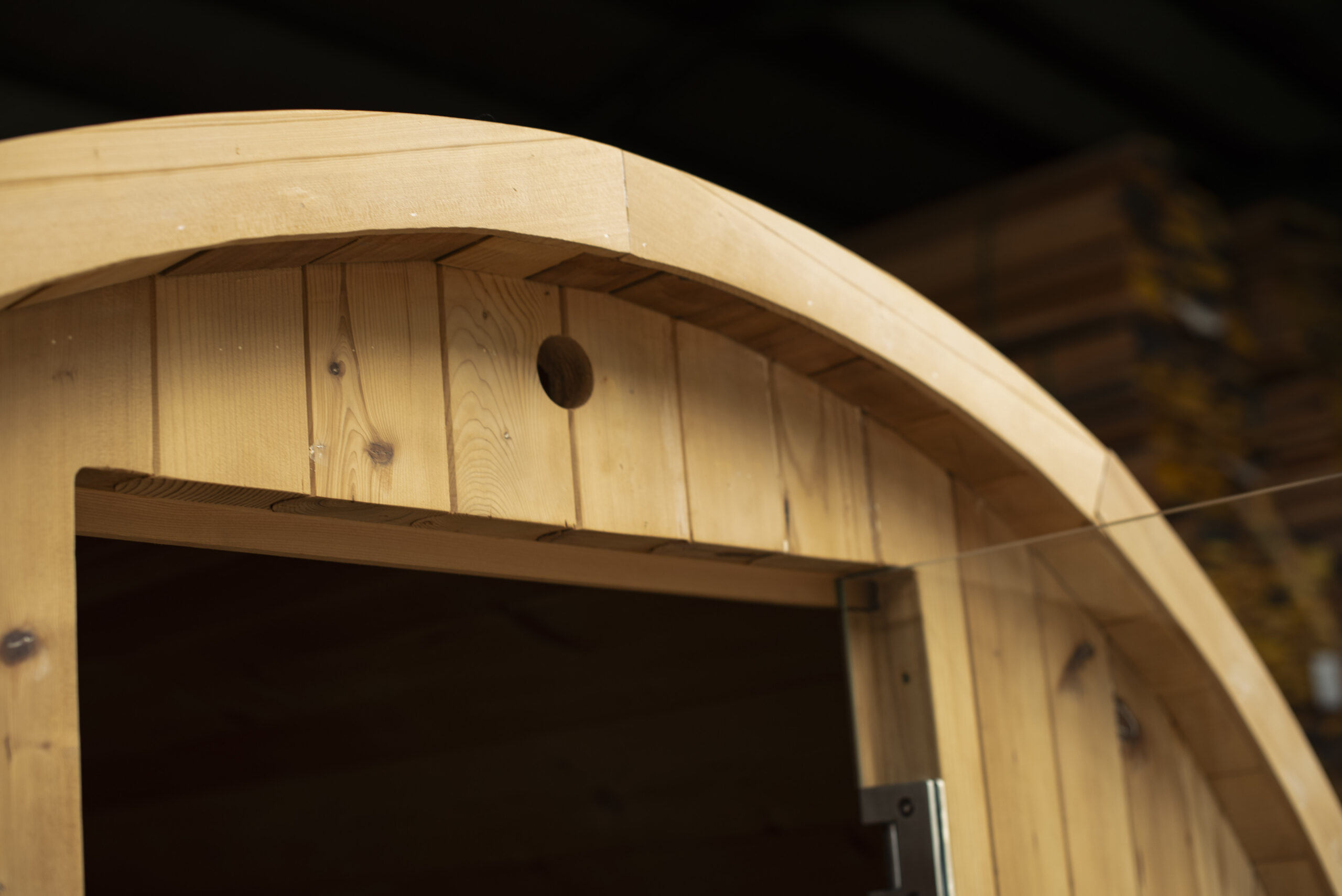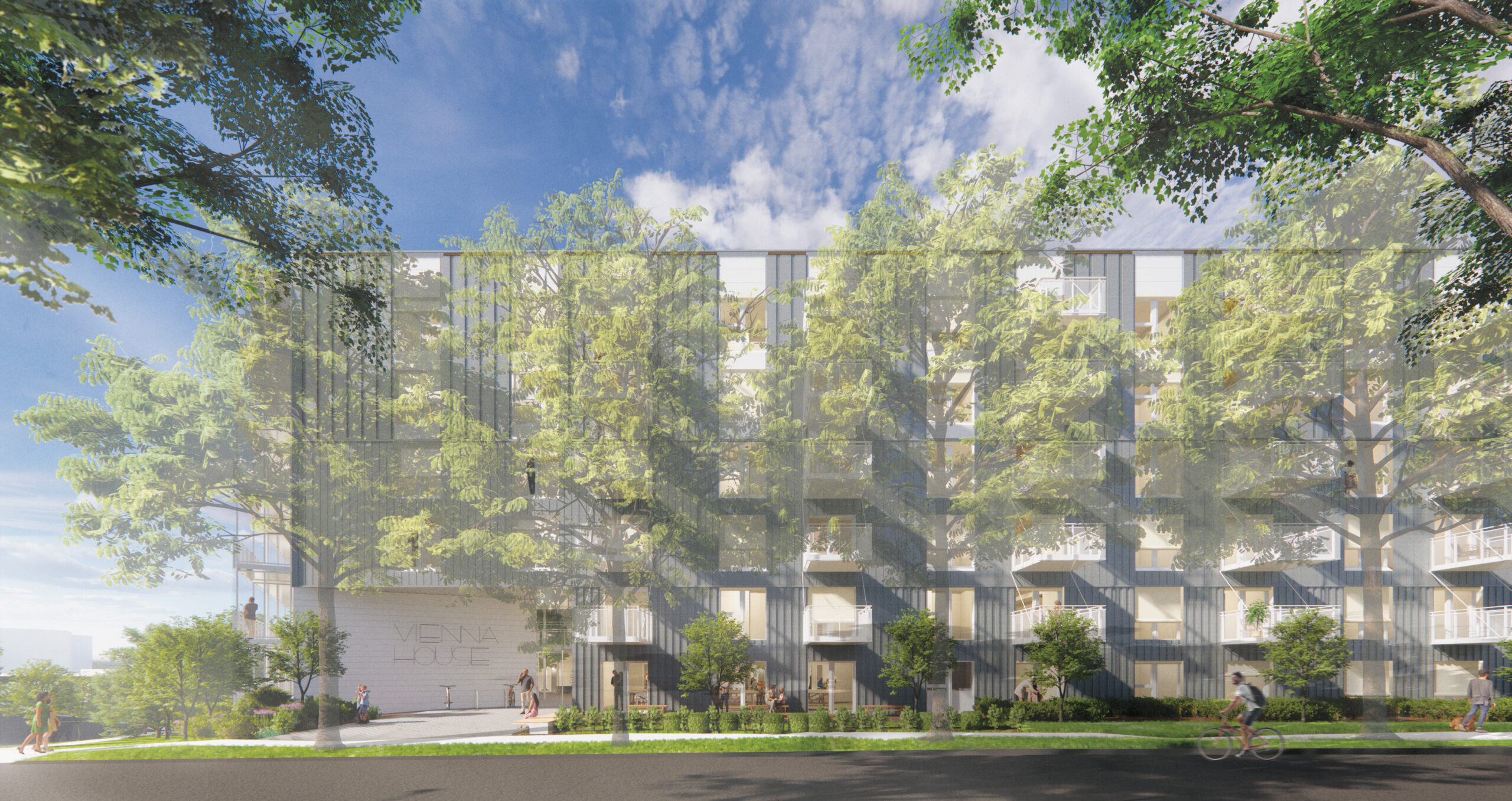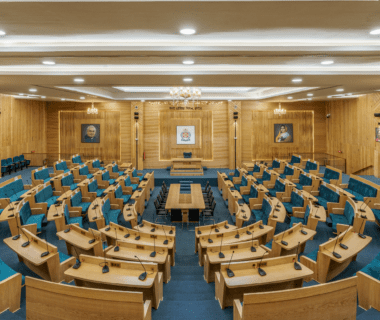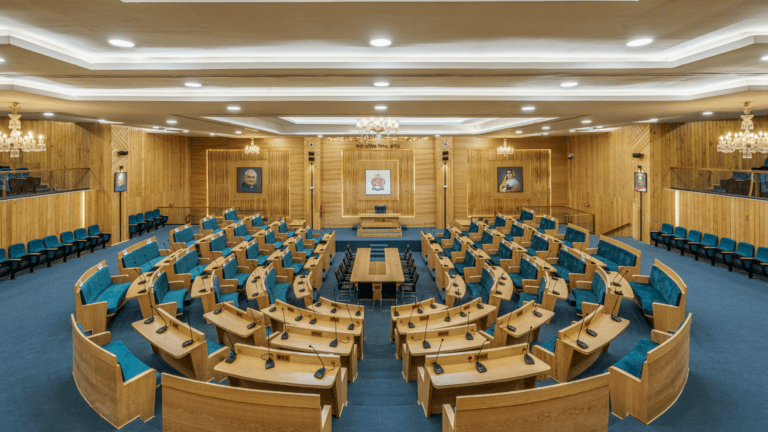With advancements in wood-based products and building systems comes the need to develop the skills, ability and confidence to choose wood-based products over alternative materials. Training for current and future skill sets is vital if B.C. is to improve the capacity and effectiveness of its wood-related design and built infrastructure.
In 2021/22, FII’s Wood First program funded the Construction Foundation of BC (CFBC) to expand its K-12 Indigenous Skills Initiative which encourages Indigenous youth to pursue careers in the wood sector. Starting with woodworking traditions drawn from coastal B.C., the program has created a pool of resources that allow educators to connect woodworking techniques with community practices rooted in history, language and culture. In 2021/22, fifteen unique wood discovery projects were added, each featuring a different regional woodworking application using traditional skills shared by community Elders. Among the resources developed for the initiative are the book, Indigenous Skills: An Exploration of Northwest Coast Carving and Tradition, the IndigenousSkills.ca website and a series of instructional videos.
Under the theme of inter-Nation sharing, projects are now being expanded to communities across B.C., enabling schools to create projects that reflect their own unique territory and traditions.
The training provided to educators under the Indigenous Skills Initiative will give thousands of young people in the province a chance to work with wood and explore the relationship between personal identity and the forest.
Indigenous Skills Workshop
446 young people ranging from five years old to young adults participated in Indigenous Skills workshops run by the CFBC in 2021/22. Career exploration and a connection to living and working with forests were themes woven into the workshop presentations, often in the context of a community’s relationship to the forest.
These workshops supported the expansion of culturally rooted education opportunities for Indigenous youth attending public schools and created space for celebrating Indigenous knowledge and practice with all students in the public system.





